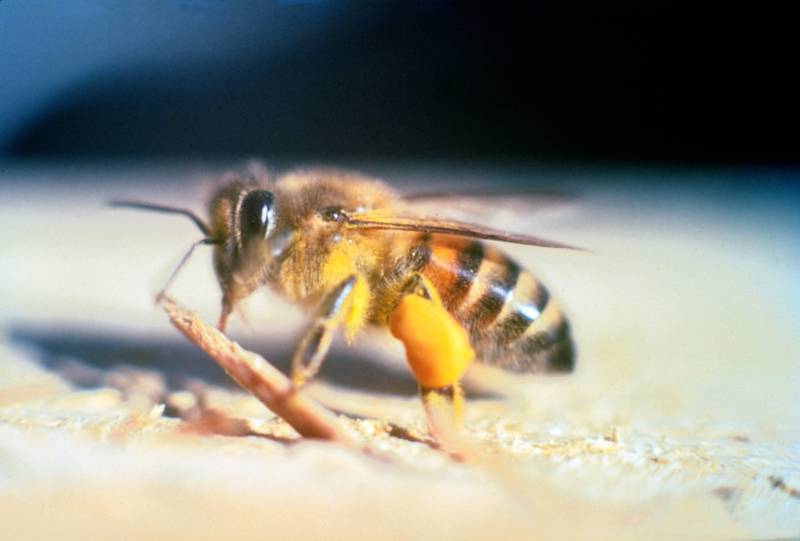Answering a reporter's call on Sunday, Contra Costa County beekeeper Norman Lott was asked if he was the man who had come face to face with an angry swarm of honeybees in Concord over the weekend.
"Butt to face is more like it," Lott said, referring to the fact the bees stung him repeatedly on Saturday as he tried to help contain the swarm.
The insects, which Lott and others say they believe to be hybridized "killer" bees known for their ferocious defensive behavior, were mostly eradicated by Sunday.
The killer bee episode began Friday, when a man living on the 3800 block of Hitchcock Drive tried to move a hive in his backyard. The bees responded aggressively to defend the hive -- a hallmark of the hybridized bees that are believed to have descended from a 1956 effort in Brazil to cross European honeybees with honeybees from southern Africa.
The bees fanned out from the backyard after the hive was disturbed, killing two small dogs in an adjacent yard and stinging people in the area. The resident of the Hitchcock Drive home reportedly responded by removing the hive from which the aggressive bees had emerged. Lott said that only made matters worse because, "without a queen to cluster to," the angry bees were left roaming in the area.
